A person suffering a heart attack usually experiences chest pain for almost 15 minutes, but in certain cases, it may not display any symptoms at all. It is necessary to realize that chest pain is not the only symptom of a cardiac arrest. Other symptoms such as jaw or neck pain and indigestion may occur.
According to cardiologists in Kolkata, people suffering from cardiac arrest may show certain warning signals days or weeks in advance.
SYMPTOMS
A person suffering from an attack may experience one or all of these symptoms:
- Painful pressure, fullness or sharp pain at the center of their chest
- Irritation or pain spreading past the chest onto the shoulders, neck, back, teeth, jaw, arms, and occasionally the upper abdomen
- Loss of breath
- Dizziness, lightheadedness or fainting
- Nausea
- Sweating
What to do in case of an emergency?
-
Dial the local emergency number:
Heart specialists in Kolkata advice against ignoring or keeping quiet while experiencing the symptoms of a cardiac arrest. If you are not being able to reach out to emergency health services, let a friend or a neighbor take you to the nearest hospital. Avoid driving yourself unless it is the last option.
-
Chew and swallow aspirin:
This is another common advice by doctors unless you are allergic to the medicine.
-
Take nitroglycerin:
Take nitroglycerin but only through prescription. If you feel you are experiencing a cardiac arrest and you had been prescribed nitroglycerin in the past, then take as directed. Do not try to take another person’s nitroglycerin, as it may put you in further danger.
-
Start CPR in case of unconsciousness:
If you see someone losing consciousness, make sure to inform the emergency health specialist. You may be advised to start cardiopulmonary resuscitation (CPR).
-
If there is an automated external defibrillator (AED)
If there is an automated external defibrillator (AED) available, and the person has lost consciousness, then follow the instructions carefully before using it.
What should you avoid?
- Do not consume nitroglycerin unless it is prescribed. It temporarily causes blood vessels to widen to allow blood supply into the heart but is not a permanent solution.
- Self-administered treatments such as coughing may make situations worse rather than helping.
- Heart specialists in Kolkata advice against applying pressure to the chest unnecessarily. It could be performed only if a person’s heart stops beating (a condition referred to as cardiac arrest).

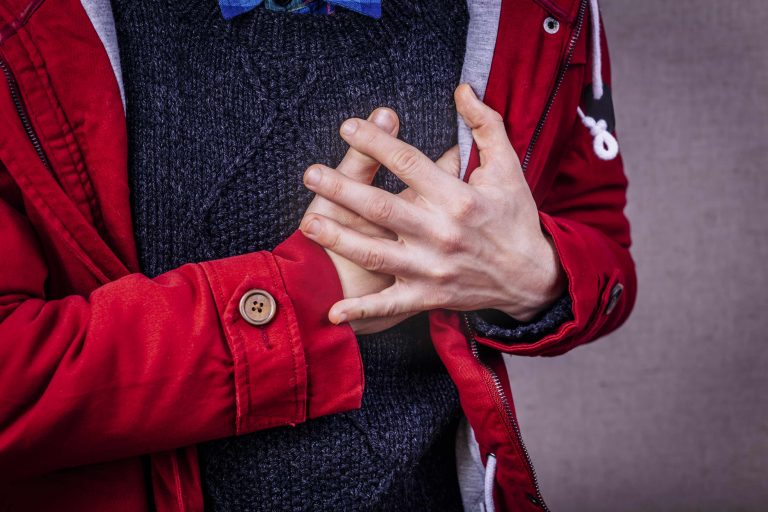
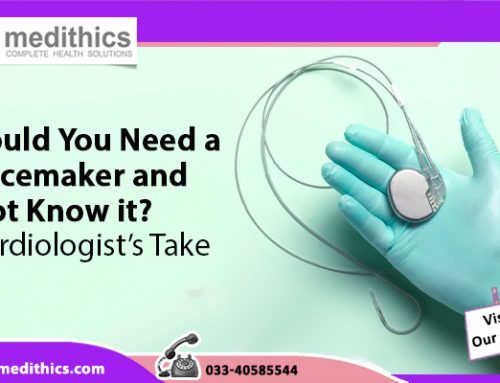
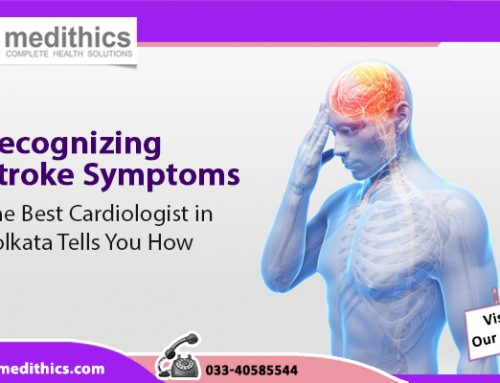

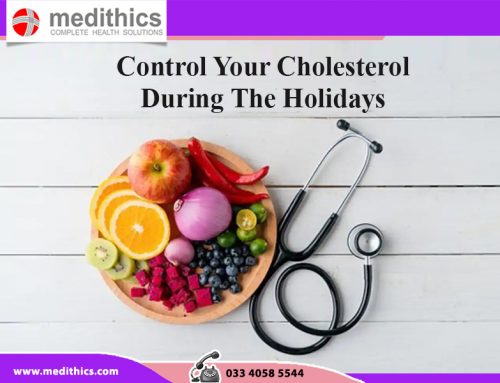
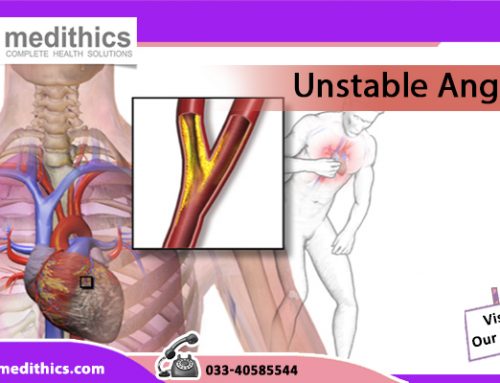
Leave A Comment
You must be logged in to post a comment.